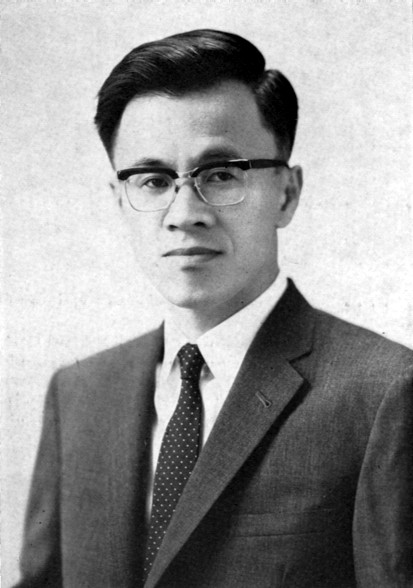| Profile | Major Works | Resources |
Michio Morishima, 1923-2004

Japanese Neo-Walarasian economist, initially at Osaka, and from 1970 at the L.S.E.. Although never quite abandoning his Neo-Walrasian roots, Morishima remains one of the most enthusiastic proponents of John von Neumann's 1937 model of an expanding economy. As a result, Morishima has spent much of his career exploring the von Neumann model and translating existing economic theory (notably, that of Ricardo, Marx, Walras and Hicks) into those terms.
Morishima has been influential also in various other aspects of Neo-Walrasian theory - notably, in linear production theory, stability theory, capital theory (to which he contributed a turnpike theorem) and the theory of demand in all of which he has made landmark contributions. It his hard to choose among his various remarkable treatises which can be considered his magnum opus (he tends to announce that each new book is it), but perhaps his Equilibrium, Stability and Growth (1964) has been the most influential on Neo-Walrasian economics.
Morishima was also a protagonist in the revival of interest in Classical Ricardian System. He was involved in the Cambridge Capital Controversy of the 1960s and the Marxian debate over the "transformation problem". The ever-eclectic Morishima has also written several examinations of the historical, social and economic conditions of Japan and the world at large.
|
Major works of Michio Morishima
|
HET
|
|
Resources on Michio Morishima
|
All rights reserved, Gonšalo L. Fonseca
